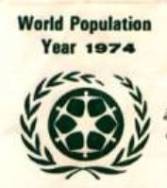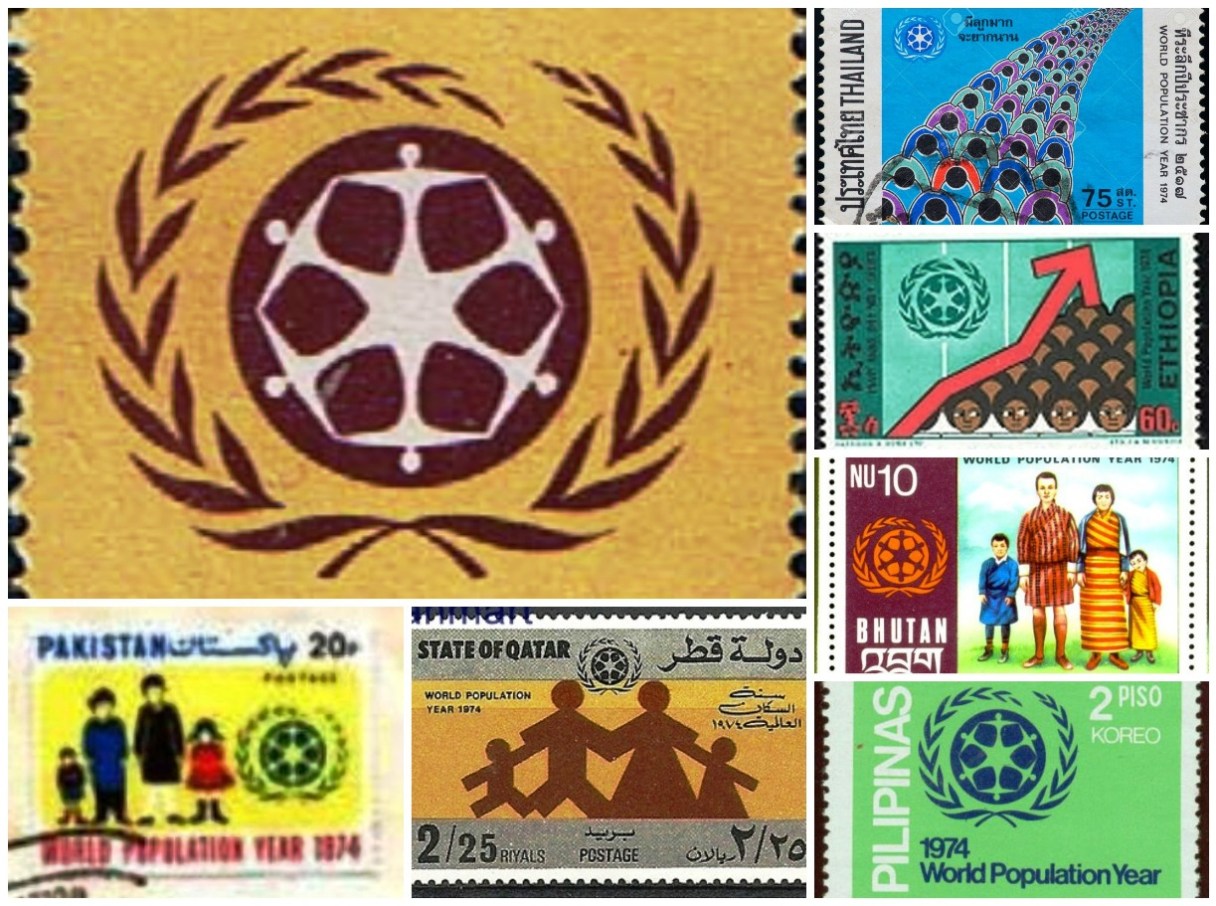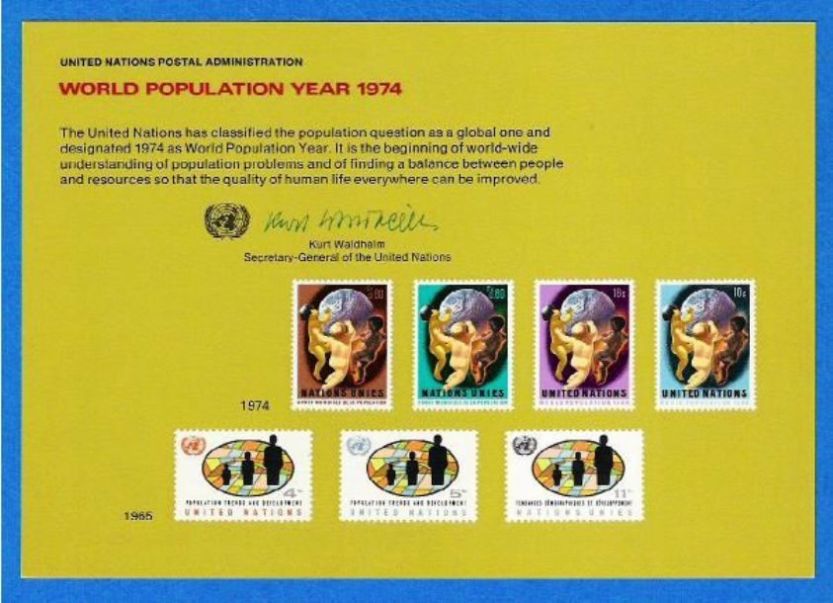In 2015, the UN is 70 and Sri Lanka’s membership is 60
This year marks the 70th birthday of the United Nations. It is also 60 years since Sri Lanka (then Ceylon) became a member of the world’s foremost inter-governmental organisation.
For six decades, Sri Lanka has had a fruitful engagement with the UN and its family of organisations and agencies. And many Lankan professionals have played leadership roles at the UN, working either as thought-leading experts or versatile administrators.
UNFPA, the United Nations Population Fund, set up an office in Sri Lanka in 1969 — the very year the Fund was set up.
By that time, the government of Sri Lanka had already adopted a population policy that promoted voluntary family planning. The partnership with UNFPA helped the government to implement this policy by improving access to modern family planning as a part of health services for mothers and children.
Back in the 1970s, even as UNFPA country programme slowly evolved, a Lankan professional played a key role in shaping global population policies and practices at UNFPA headquarters in New York. This article salutes his memory.
In 1970, the UN General Assembly named 1974 as World Population Year to encourage “co-operative activity in the field of population”. Two years later, the fledgling UNFPA was charged with coordinating all WPY related activities.
To launch the WPY campaign, Rafael M Salas, UNFPA’s Executive Director who served from 1969 to 1987, hired Tarzie Vittachi, an award-winning and highly respected Lankan journalist who had been editor of the Observer newspaper in Colombo.
Designated as Executive Secretary of WPY in 1972, Vittachi’s task was to involve government ministries, non-governmental organisations, universities, schools, religious groups as well as business and social entities – around the world.
In this, Vittachi was assisted by Jyoti Singh, a former secretary general of the World Assembly of Youth, who facilitated NGO participation in the WPY. National Commissions were set up in 64 countries to prepare for the Year – many continued well beyond 1974 as national level advocacy mechanisms.

Rafael M Salas (left) of the Philippines and Tarzie Vittachi of Sri Lanka: Two Asians who changed global population debates in the 1970s (UN Photos)
As a history of the WPY documented, “Preaching to the converted is easy and always has been. What the Fund realised in the build-up to 1974 was that the non-committed were the primary targets and that both sides of the fence – developed and developing, donors and recipients, rich and poor – had to be worked with equal energy.”
Those were early days of development communication. Vittachi and Singh were among pioneers exploring way to take development messages to those outside policy and planning circles.
Their strategies included thematic supplements and special issues in newspapers, and a paperback book that explained population facts, figures and policies in simple, non-technical language. Radio and film productions that looked at human aspects of population and development were commissioned.
Through these and other methods, UNFPA increased the coverage and discussion of population related topics and issues in the media. Finally, population was being discussed in less alarmist terms (and not just as a ‘bomb’ that was ticking away).
Vittachi and team believed that engaging many and varied stakeholders – from senior politicians to rural farmers – on population issues started with sharing information and then discussing their implications. Good communications formed the bedrock of good population policies and practices.

Montage of postage stamps issued by various countries to mark World Population Year 1974
As Salas later reflected: “Virtually no outlet that would bring the Fund in touch with decision-makers, or the people who would be affected by the decisions, was barred. In the end, WPY was certainly a strange mixture of information and substantive projects, but there were few sectors in both the developed and developing world which did not know about the population effort.”
UNFPA’s experiences during WPY taught it, ahead of many other UN agencies, the power of public outreach and engagement.
Vittachi was the chief visionary of this approach that has since been widely adopted by the international development community. Coming in as an ‘outsider’ he influenced how the population issue was handled – not through prescriptive birth control measures, but by addressing the conditions of life of poor people and empowering women so that they could choose the size of their families.
He was also a grandmaster in wittily summing up complex development challenges using simple words and phrases. For example, during WPY and later, he was fond of saying: “Governments do not have babies; people do!”
Those seven words captured a profound truth central to all population policies: the most important ‘practitioners’ in this domain are men and women in reproductive age, making private decisions in their personal lives. Everyone else can only help them make better informed decisions.
Salas and Vittachi realized that the success of any population programme depended on people knowing what is being asked of them, and why, before accepting it. Just as importantly, government planners and officials needed to understand the sentiments and aspirations of their citizens.
Sustained and honest communications enabled these exchanges which, in turn, nurtured public trust.
After WPY ended, Vittachi served UNFPA as Director of its Division of Information and Public Affairs from 1975 to 1980. He then joined UNICEF as Deputy Executive Director for External Relations, holding the rank of assistant secretary general of the UN.
He remained engaged with population issues all his life, arguing that the fundamental issue was not medical or technical, but one of perception and understanding.
”We are talking about bringing about a mass ripening for change, about opening people’s mental boxes in which habitual acceptance of a low level of health and a high rate of death among their children is locked up as socially or fatefully decreed inevitabilities,” he told the Christian Science Monitor in 1984.
”We are talking about transforming deeply inlaid attitudes and practices and helping people to see over the hill. What needs to be done then is to present new knowledge to people as a way to empower themselves to change their perception of ‘normality’ or ‘inevitability.’ ”
Vittachi died in 1993, but is still remembered as a trail-blazer in both development journalism and development communication.

UN stamps issued to mark World Population Year 1974
Useful links:
World Population and the United Nations: Challenge and Response
By Stanley Johnson (Cambridge University Press, 1987).
Rafael M. Salas: ‘Mr Population’ who started it all
Tarzie Vittachi obituary: The Independent (UK)